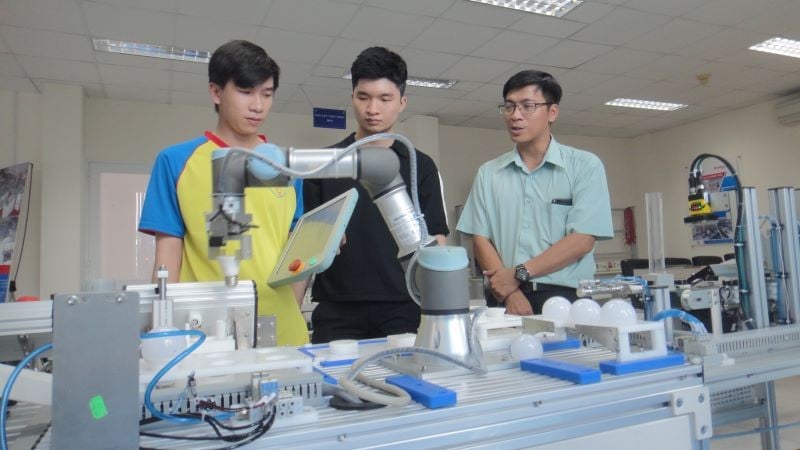
According to experts, currently, the Vietnamese education system is in the process of reform to meet the needs of the labor market. However, there are still many limitations in the quality of teaching and facilities, the training quality of some universities and colleges has not met the requirements of businesses to transform to meet the development according to market needs.
High quality labor is still lacking.
Ho Chi Minh City has been promoting vocational education and training programs at universities and colleges. In particular, the locality focuses on training human resources in the fields of high technology, digital, healthcare and financial services, which are the city's spearhead industries.
In addition, international training and cooperation programs with businesses have helped students improve their professional qualifications, practical skills and international integration capabilities.
Methodical investment in training has been creating human resources to meet the city's socio-economic development needs in the context of globalization and strong digital transformation.
The results of the annual periodic survey of the Center for Human Resources Demand Forecasting and Labor Market Information of Ho Chi Minh City (before the merger) show that in the period of 2020-2024, the demand for human resources with university degrees or higher and college degrees tends to increase over the years, with an average annual need for about 111,820 jobs, accounting for 41.45% of the total annual human resource demand, with an average growth rate of 9.59%/year.
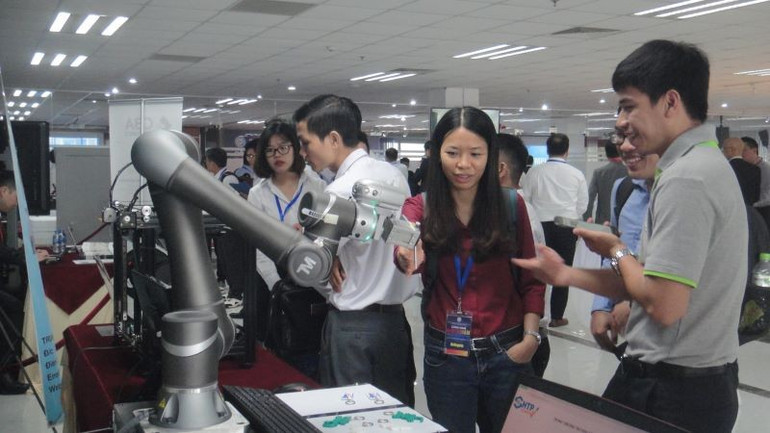
Of which, the average annual demand for human resources at university level or higher accounts for 21.16%; college level accounts for 20.29%. These two groups of qualifications often focus on the following industries and professions: information technology; education and training; accounting, auditing; human resources; executive management; finance, credit, banking, insurance; architecture, construction engineering; asset management and real estate; commercial business...
However, many trained workers, despite having degrees, have practical skills and soft skills, especially foreign languages and the ability to apply information technology in their work, but are still not enough to meet the requirements of businesses. Many businesses believe that high-quality human resources in Ho Chi Minh City only meet a part of the demand, not meeting international standards, especially in the field of research, development and innovation.
Although there are many high-quality training programs, the number of graduates is still not enough to meet the needs of businesses, especially in high-tech fields.
Training according to business requirements
Vietnam in general and Ho Chi Minh City in particular are facing a shortage of high-quality human resources in many fields such as information technology, electronics, semiconductors, health care, engineering, manufacturing, mechanics, etc.
Vietnam in general and Ho Chi Minh City in particular are facing a shortage of high-quality human resources in many fields such as information technology, electronics, semiconductors, health care, engineering, manufacturing, mechanics, etc.
Mr. Nguyen Van Lam, former Deputy Director of the Department of Labor, War Invalids and Social Affairs of Ho Chi Minh City (now the Department of Home Affairs of Ho Chi Minh City) said: The trend of developing high-quality human resources in the city is taking place strongly to meet the needs of socio-economic development in the context of international integration and the 4.0 industrial revolution.
The city not only plays the role of an economic locomotive but also attracts and trains high-quality human resources. To meet the new trend, the city has implemented many policies and training programs to improve the skills and qualifications of the workforce, especially in the high-tech, digital, healthcare, finance and logistics industries.
Universities and vocational training institutions are increasingly innovating teaching methods, focusing on practical training, soft skills development and foreign language skills for students. At the same time, cooperation with domestic and foreign enterprises is also promoted to create conditions for learners to access technology, skills and international working environments.
The digital transformation trend is driving demand for human resources capable of working in the fields of artificial intelligence, big data, smart supply chains and renewable energy. The city is also encouraging the development of startups and innovation, creating an ecosystem that supports young businesses and entrepreneurs.
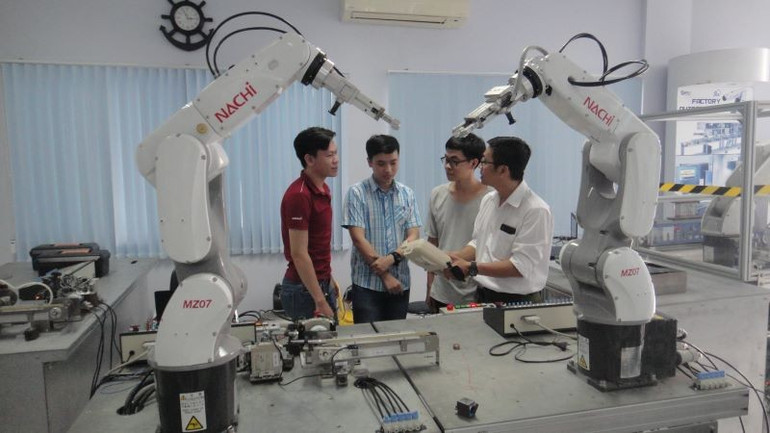
Experts say that after the merger, Ho Chi Minh City still faces many challenges such as the difference in training quality between facilities and labor shortage in some key industries.
To overcome this situation, experts say that, in addition to Ho Chi Minh City approving the Master Plan for training international-level human resources, the locality needs to have training policies, links between schools and businesses, attract foreign experts and create conditions for comprehensive human resource development.
Overall, the trend of human resource development in the city is on the right track with significant progress, but requires concerted efforts from many sides. Focusing on investment in education, training and skill improvement will be the key for the city to maintain its position as the country’s knowledge-based economic center in the future.
Source: https://nhandan.vn/dao-tao-nguon-nhan-luc-theo-yeu-cau-thuc-tien-post915711.html




![[Photo] Nhan Dan Newspaper launches “Fatherland in the Heart: The Concert Film”](https://vphoto.vietnam.vn/thumb/1200x675/vietnam/resource/IMAGE/2025/10/16/1760622132545_thiet-ke-chua-co-ten-36-png.webp)


![[Photo] General Secretary To Lam attends the 18th Hanoi Party Congress, term 2025-2030](https://vphoto.vietnam.vn/thumb/1200x675/vietnam/resource/IMAGE/2025/10/16/1760581023342_cover-0367-jpg.webp)





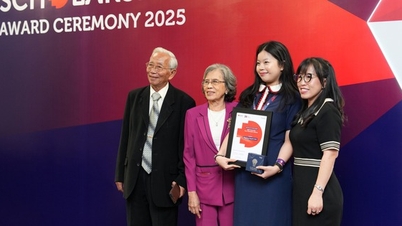

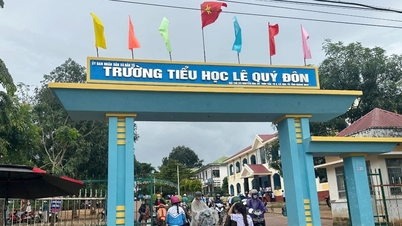

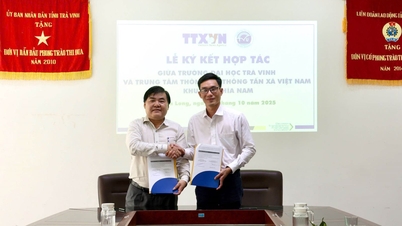








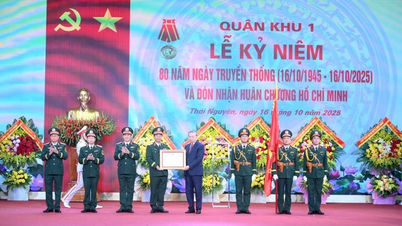
![[Video] The Congress of Delegates of the Ca Mau Provincial Party Committee held a preparatory session](https://vphoto.vietnam.vn/thumb/402x226/vietnam/resource/IMAGE/2025/10/16/1760619740133_ca-mau-jpg.webp)








![[Video] TripAdvisor honors many famous attractions of Ninh Binh](https://vphoto.vietnam.vn/thumb/402x226/vietnam/resource/IMAGE/2025/10/16/1760574721908_vinh-danh-ninh-binh-7368-jpg.webp)

























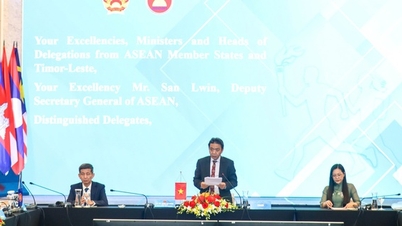

![[Photo] Nhan Dan Newspaper launches “Fatherland in the Heart: The Concert Film”](https://vphoto.vietnam.vn/thumb/402x226/vietnam/resource/IMAGE/2025/10/16/1760622132545_thiet-ke-chua-co-ten-36-png.webp)







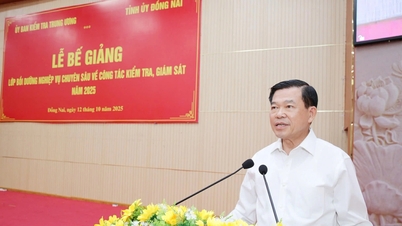



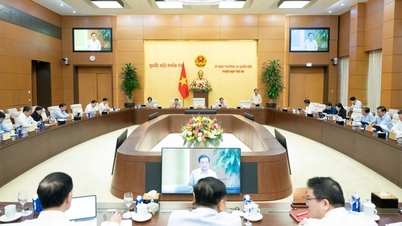


























Comment (0)